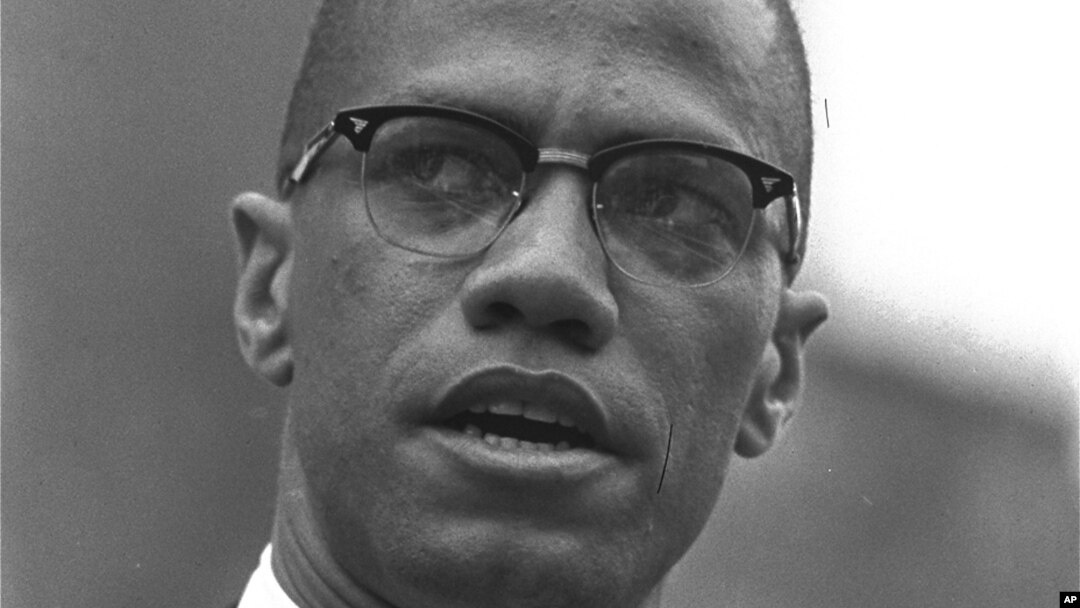“By any means necessary.”
That was the mantra of black activist Malcolm X, who was assassinated during an address in New York City 52 years ago today at the age of 39.
Schooled by the Nation of Islam while in prison for burglary at the age of 21, Malcolm became a loyal follower of its leader Elijah Muhammed — and later an effective minister, known for his fiery oratory.
The Nation of Islam advocated black nationalism and racial separatism and condemned Americans of European descent as immoral “devils.”
His adopted brand of activism was decidedly at odds with America’s civil rights icon Martin Luther King, Jr., who followed the pacifist protest ideology of India’s Mahatma Gandhi. By contrast, Malcolm advocated self-defense and separation from the “white man.”
In late 1963, Malcolm’s suggestion that President John F. Kennedy’s assassination was a matter of the “chickens coming home to roost” prompted Elijah Muhammad, who believed that Malcolm had become too powerful, to suspend him from the Nation of Islam.
A few months later, Malcolm formally left the organization and made a Muslim pilgrimage to Mecca, where he was profoundly affected by the lack of racial discord among orthodox Muslims. He returned to America as El-Hajj Malik El-Shabazz and in June 1964 founded the Organization of Afro-American Unity, which advocated black identity and held that racism, not the white race, was the greatest foe of the African American.
Malcolm’s more moderate philosophy became increasingly influential in the civil rights movement, especially among the leaders of the Student Non-Violent Coordinating Committee.
The body of Malcolm X, black nationalist leader who was slain February 21, 1965, at a rally of his organization, is viewed by newsmen at the Unity Funeral Home, Eighth Avenue and 126th Street in New York City February 24, 1965.
A week before he was shot to death by members of the National of Islam, he home was firebombed.
Thomas Hagan, 22, is carried in police custody from Jewish Memorial Hospital en route to Bellevue Hospital in New York, Feb. 21, 1965.
Thomas Hagan was the only man who admitted his role in the murder. Hagan was sentenced to 20 years to life imprisonment after being found guilty at trial with two others in 1966. The other two men were released in the 1980s and have long denied involvement in the killing.
Hagan was paroled in 2010 after serving 44 years in prison.




